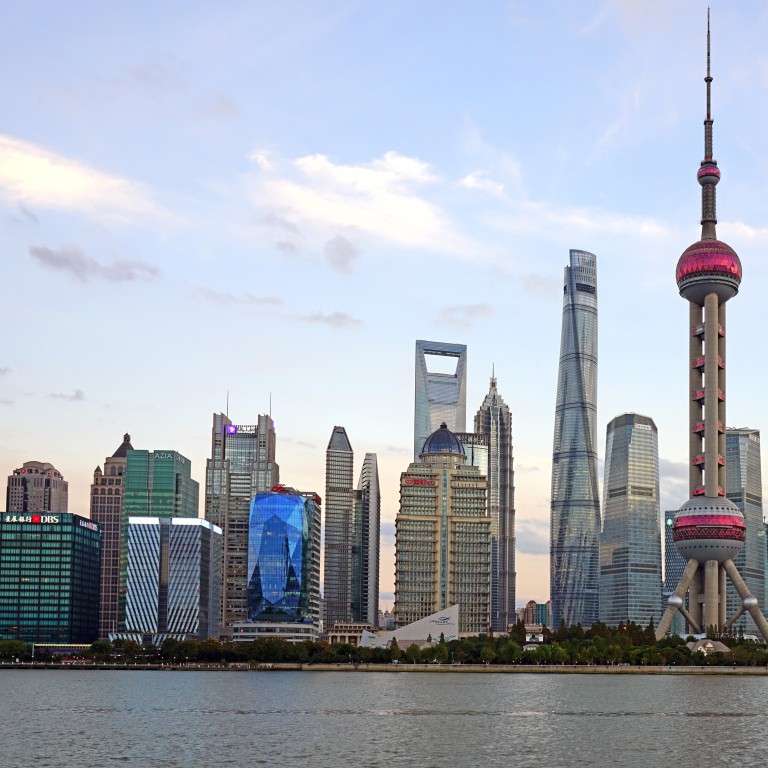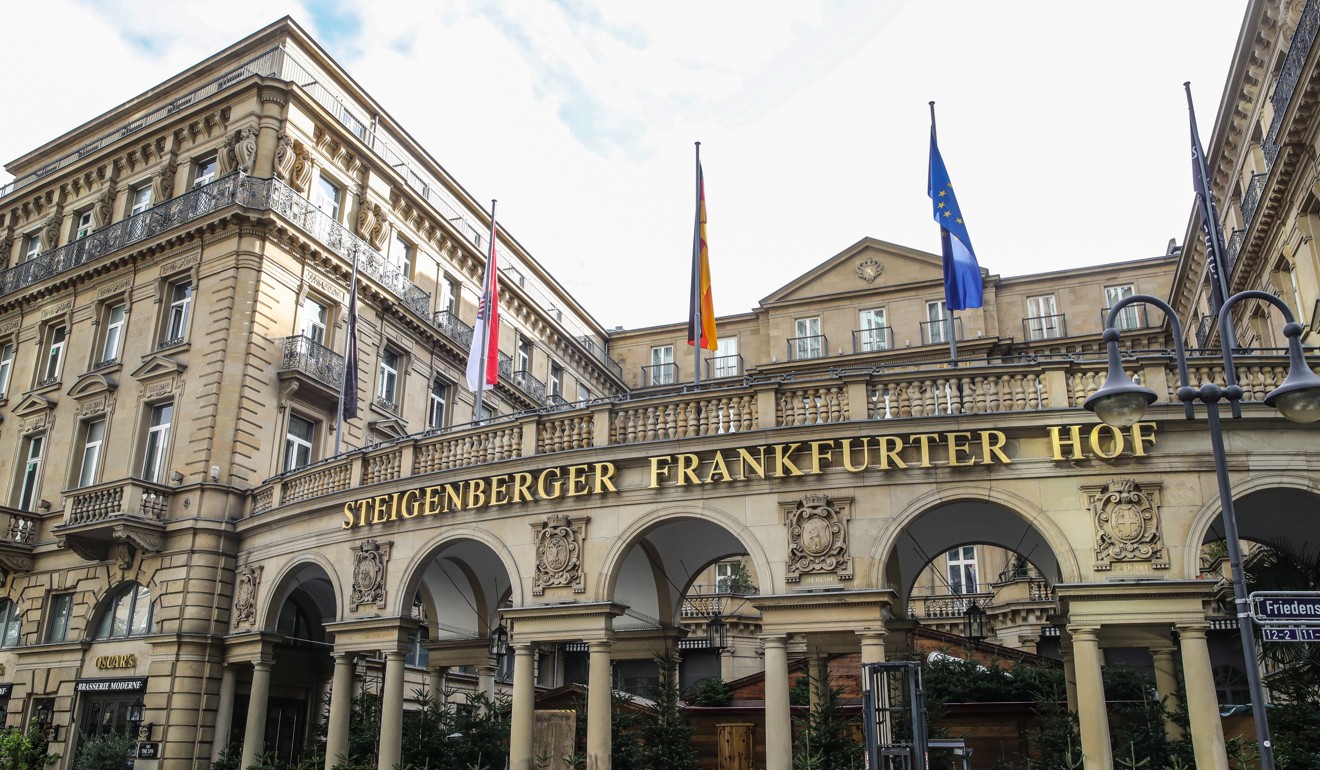
Chinese overseas M&As jumped 152 per cent in third quarter, but still more than 40 per cent behind 2018, Ernst & Young says
- The total value of overseas M&As for third quarter stood at US$19.8 billion
- For nine-month period, the total value stood at US$42.8 billion, lowest since 2014
Overseas mergers and acquisitions by Chinese companies jumped by 152 per cent in the third quarter, but were still 44.6 per cent below last year’s tally for the January to September period, according to a report released by consultancy Ernst & Young on Tuesday.
The total value of China overseas M&As for the third quarter stood at US$19.8 billion, an increase of 152 per cent over the second quarter that also reversed a downward trend, Ernst & Young said. For the nine-month period, the total value of signed overseas M&As stood at US$42.8 billion, the lowest recorded by the consultancy since 2014.
“Facing the complex and volatile economic and trade environment in both China and overseas countries, we have seen the consumer products sector taking the lead in overseas M&As. This is largely due to huge potential of domestic demand in China's consumer market, and the urgent need for stable and sustainable development,” said Loletta Chow, global leader of the EY China Overseas Investment Network.
In a sign of recovery, more Chinese companies have started to make purchases abroad, shrugging aside concerns about the ongoing US-China trade war and economic volatility. This year, China’s economic growth fell to its lowest levels in a decade. Its third-quarter gross domestic product grew at 6 per cent, its slowest pace in 27 years.
In the first three quarters of 2019, 424 overseas M&As were sealed by Chinese companies, down by 31 per cent from last year, according to Ernst and Young. Consumer products, technology, media and telecommunication, as well as the financial services sector were the three major contributors.

Chinese hotel operator Huazhu Group said on Monday it will pay €719.9 million (US$803 million) to take over German hotel company Deutsche Hospitality. The price tag is 17 to 18 times its 2019 expected earnings before interest, tax, depreciation and amortisation, or at less than 10 times its expected 2022 core earnings, according to Reuters.
The New York-listed Chinese company currently runs more than 5,000 hotels in more than 400 cities in China. Upon completion of the acquisition, it will add another 118 hotels in Europe under luxury brands such as Steigenberger, MAXX by Steigenberger and IntercityHotels, and boutique hotels Jaz in the City and Zleep.
Deep-pocketed Chinese investors have stayed away from overseas purchases, especially from property and hotel buying sprees after Beijing launched a wide-ranging crackdown on highly leveraged buyers of foreign assets, such as HNA Group and Dalian Wand Group, to lighten corporate and government debt loads in 2017.
Overseas M&As fell by half in 2017, as compared with the previous year, after the campaign started.

